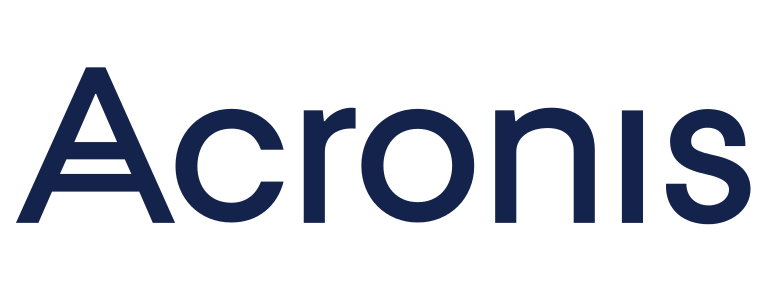#BeCyberSmart
Every October we celebrate Cyber Security Awareness Month and help you become more aware of cyber threats and how you and your employees can be more cyber smart.
The theme for 2024 is "Secure Our World".
The five focus areas this year are:
Cyber security awareness training
Enabling multi-factor authentication
Using strong passwords and a password manager
Recognising and reporting phishing
Updating software
Grey Matter can help you with all of these areas
We have a team of accreditated cyber security experts and partner with a wide range of leading and niche cyber security software vendors.
We even offer some cyber security technical services too.
Contact us to book a demo or consultation.
Below we have shared more details about each of the focus areas, and key resources we recommend you to take a look at.

Cyber security awareness training
Cyber security awareness training teaches individuals and employees how to recognise and respond to cyber threats and protect sensitive information. It covers topics like phishing, password security, malware detection, and safe internet practices.
The benefits include reducing the risk of cyberattacks, safeguarding personal and organisational data, minimising financial losses, maintaining customer trust, and ensuring regulatory compliance. Ultimately, cyber security awareness training empowers individuals to become a critical line of defence against cyber threats, enhancing overall security posture for both individuals and organisations.
Multi-factor authentication
Multi-factor authentication (MFA) is a form of authentication that requires a user to provide two or more verification factors to gain access to a resource, such as an application, VPN, or online account. One factor is typically something you have, such as a mobile (which often a code is sent) or fingerprint - to verify your identity, and the other is a username or password.
This makes it harder for cyber criminals to steal credentials and therefore the risk of data breach smaller. MFA is often required for compliance with certain data regulations.


Strong passwords and password management
Strong passwords are integral.
Here are some tips on how to create great passwords:
- Use a mixture of upper and lowercase letters, numbers and special characters
- For ease of remembering, make it a memorable (but not identifiable) phrase
- More than 8 characters
- Don't use the same password anywhere else
Password managers are an efficient and secure way for employees to manage a large number of passwords. You only need to remember one password and then securely gain access to all your login details in one place. IT managers and admins can implement them for teams and individuals.
Recognising and reporting phishing
Phishing is the fraudulent practice of sending emails pretending to be from reputable organisations to encourage individuals to share their personal information, like credit card numbers and passports.
To help stop phishing, you can:
- Use cyber security training platforms to educate staff on what phishing is and how to look out phishing
- Run phishing tests to see which employees need more training
- Use anti-malware, SIEM, and endpoint threat prevention to prevent these sorts of attacks from making their way through to your employees' mailboxes


Software updates
Updating and patching software regularly ensure the software and applications are up to date with the latest bug fixes and security features.
Malware enables hackers to take control of computers and steal critical and personal information. Malware can also encrypt files, documents and other programs so they are unusable. Security patches block these open doors in the software to protect a device from attacks. So having patch management in place is really important. In addition, you also need to make sure you're not using legacy software, as it could be very vulnerable to cyber-attacks and compatibility issues.
But it doesn't stop there - there are other cyber security solutions available
To have multi-layered protection you can count on, you should also implement the following solutions.
Head to our dedicated Cyber Security Solutions page to find out more about the vast range of cyber security software and services we offer. A combination of which can help you qualify for Cyber Essentials and Cyber Insurance.
Our partners
Backup, anti-malware, and patch management
Email, app, cloud and network security
Endpoint protection, MEDR, encryption, patch management and email security
Email security, access management, endpoint detection and patch management
Cyber security awareness training, and phishing testing
Endpoint security, patch management and MDR
Password Manager, Patch Management and more
Backup, access management, and authentication
Penetration testing and cyber security assessments
Endpoint, network, cloud and email security
Endpoint security
Backup and restore physical, cloud and virtual data
Speak to our cyber security experts
Book a consultation now with Scott Harrison or James McKenny, our cyber security specialists.
Call: +44 (0) 1364 654 181
Email: info@greymatter.com
Other regions: Visit the contact us page
By submitting this form you are agreeing to our Privacy Policy and Website Terms of Use.
By submitting this form you are agreeing to our Privacy Policy and Website Terms of Use.










